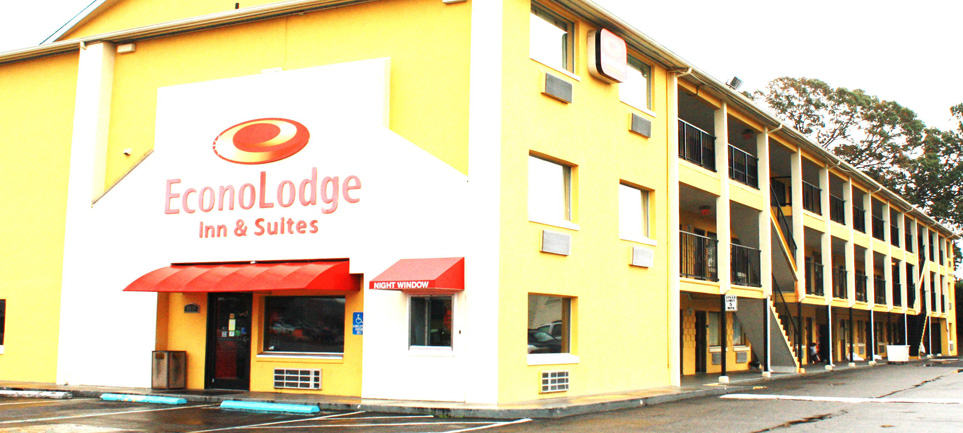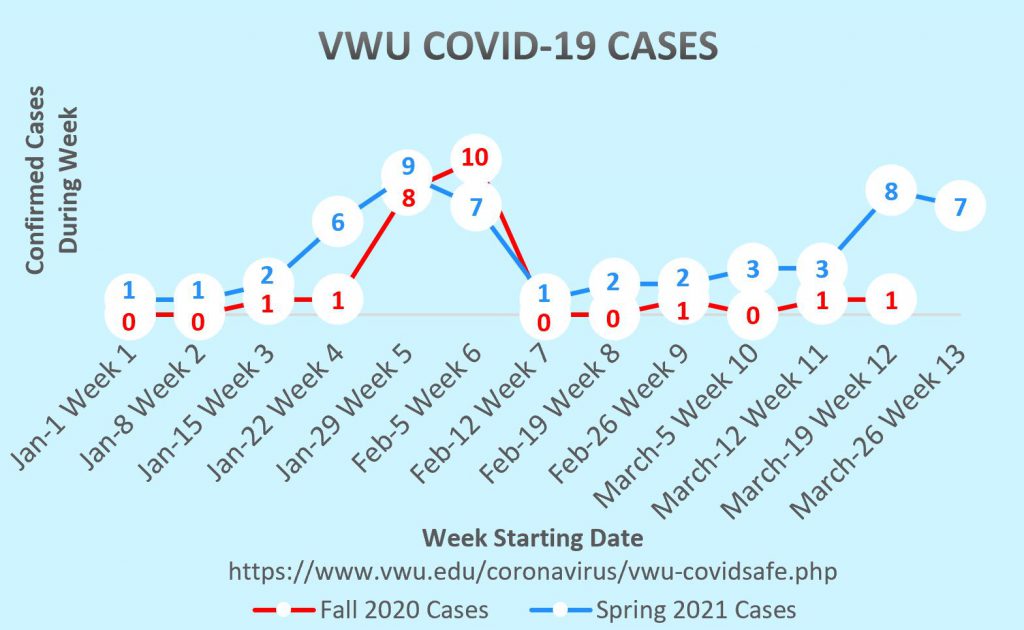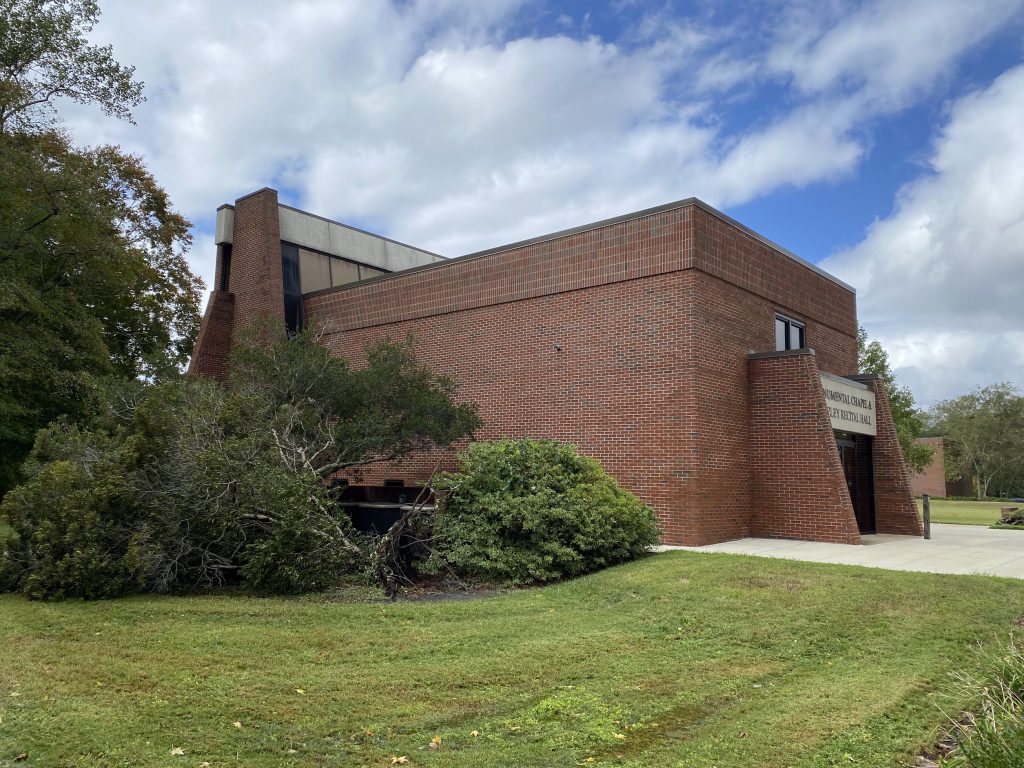
By Kiersten Newnam
On Monday, Oct. 12, a sex-trafficking ring at the Econo Lodge on North Hampton Blvd was busted by a Virginia Beach SWAT team when a 16-year old victim escaped from the motel and contacted authorities.
Three girls in Hampton Roads were rescued. The five suspects who were arrested at the Econo Lodge were among 12 pimps that were arrested in the area that week. This investigation is part of a nationwide Human Trafficking operation involving the FBI.
The Econo Lodge is only 1.2 miles away from campus, so this type of crime raises some red flags for students and members of the Virginia Wesleyan community.
“I think it could affect parents who don’t live here if they hear about it on the news; so that kind of goes back to maybe Virginia Wesleyan could have reported something like that, you know, to us, for us to know because people whose parents may live in California or New York… that’s something they’d want to be aware about, maybe even talk to their kids about,” Fatima Davis, a senior majoring in Criminal Justice at VWC, said.
The nationwide attempt to tackle human trafficking resulted in the release of 149 underage victims and 153 suspects, with the youngest victim being only 12 years .old
The Virginia Beach Special Victims Unit was unable to comment due to the pending investigation and the Econo Lodge failed to respond to questioning.
“Sex trafficking is a big thing in our area, especially because of the port, all the military, and just because there is so much movement of people in and out,” Director of Residence Life at McCarren Caputa said.
Neighboring the Econo Lodge are a Waffle House and McDonald’s that students frequent.
“I think if it were more well-known, it would have affected us a lot more because, personally, when I go to McDonalds, or something, I’ll see people out there late at night, and it’s a little sketchy. So to know that they were running a sex trafficking business over there, that does kind of put us at risk because we are young adults and you never know what could happen over there, especially by yourself,” Davis said.
The Virginian-Pilot reported investigators conducted ‘in-call’ operations in which investigators went to the prostitutes locations, and ‘out-call’ operations in which the prostitutes would go to the investigators. The investigators worked in hotels, casinos, truck stops, and other areas known to be frequented by prostitutes.
“If you get right down to it we’re a small, private, liberal arts institution, not everyone can afford to be here. It’s a privilege, I think, that we have this little bubble where we’re safe and that’s not necessarily what’s happening out in the real world,” Caputa said.
According to 13News Now, during the operation, 90 victim specialists provided on-scene services like crisis intervention and resources for basic needs like medical, food, clothing and shelter.
“I don’t think a lot of people are aware that this is really happening, girls are really forced to sell their bodies and do what their told,” Davis said.
According to the Virginian-Pilot, the initiative, driven by the FBI and the National Center for Missing & Exploited Children, targeted pimps responsible for the commercial sex trafficking of children.
“I think it’s very possible that it could impact enrollment because it is so close,” Caputa said. Caputa spoke of the time last year when a VWC student, Isabella Blackney, stood up at orientation after the Title IX presentation was given to the whole Freshmen class. Caputa said Blackney directly confronted the class about sex trafficking and the major presence of it in this part of the country, and encouraged students to educate themselves on the issue.
“For a Freshman to know that and to feel comfortable to stand up in front of her classmates and be like ‘we have to do something about this’ was pretty powerful,” Caputa said.
According to 13News Now, over 4800 victims have been rescued from underage prostitution since Operation Cross Country began in 2003, and over 2000 convictions were obtained, including at least 15 that have resulted in life sentences.
“I think we’re in the business of educating people, and I think that’s something that you see on TV. You see it in the movies, but it’s never here. So I think that this will start some conversations…it makes it more relevant. Our students are more excited to listen to things that are here, that are applicable to them like they can drive by the motel and see it. The more people that talk about it the better and it gets more information out there,” Caputa said.


